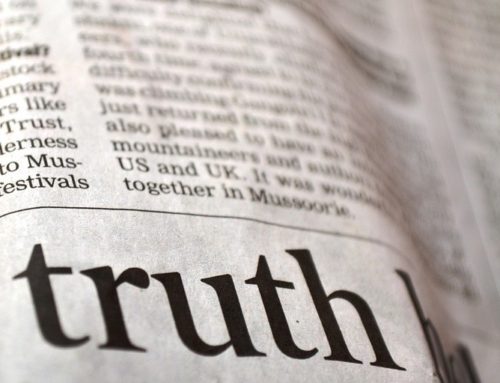This week the BBC released a story about archiving memes at the Science and Media Museum in Bradford as an important part of our cultural history. But are memes archive-worthy? Our junior account executive, Melissa Watson talks about meme culture and the growing use of online communication during the coronavirus pandemic.
We all know the internet is a constantly evolving and dynamic force for communication. When harnessed, it can be a gamechanger for businesses and institutions but, when ignored, it can leave you trailing behind in a pool of fax papers and carrier pigeons. This fast pace makes the internet a haven of evidence chronicling the development of modern communication. Which is why it’s been suggested that modern communicative features, such as the meme, are collected and archived in museums such as the Science and Media Museum in Bradford.
A meme is a piece of media, usually a still or moving image, which is widely shared and used to communicate particular emotions or scenarios in a humorous way. Memes have gathered momentum over the internet in recent years, with the ‘stars’ of memes often becoming widely recognised and even considered ‘internet celebrities’. So could the meme have a wider significance in our communication history than a disposable picture of a grumpy cat?
There has been a spike in the use of this kind of digital communication in line with the social distancing and isolation surrounding coronavirus. Memes are a significant player in the world of online interactions, increasing in use since the loss of physical interactions. They demonstrate our evolving use of online communication and reflect an online communicative response to a real-world historic event.
We are living through extraordinary times and the impact of coronavirus is already having a serious impact on our online communications. As strange as it may seem, archiving memes could be an effective way of framing this period of our history and offers a permanent insight into the human reaction to world events.
It’s often only in hindsight that we realise something was important in capturing a moment of our history. Archive footage at the BBC may not have seemed ground-breaking at the time of production, but is now considered a relic of times gone by and a testament to the progress of mass communication.
I believe it’s important that we save what we can, while we can, as fluctuations in the way we harness evolving technologies not only tells us about the way they developed, but chronicles the social behaviour and historical events they were used throughout.
To read the BBC article on archiving memes, please click here https://www.bbc.co.uk/news/av/entertainment-arts-52021890/memes-should-be-archived-in-a-museum



